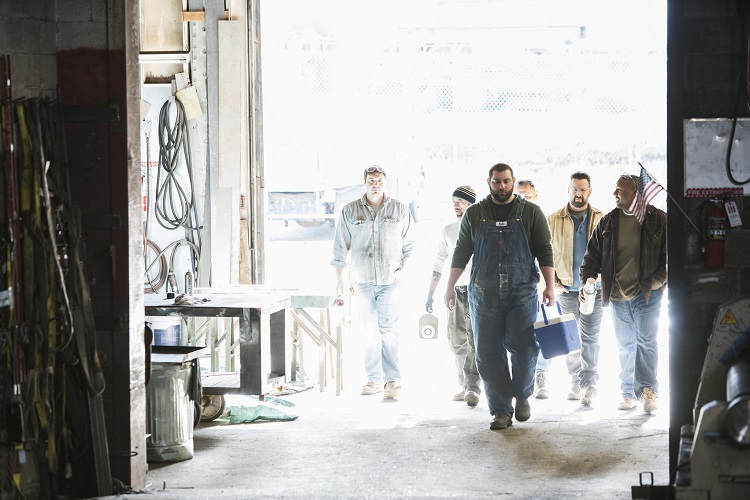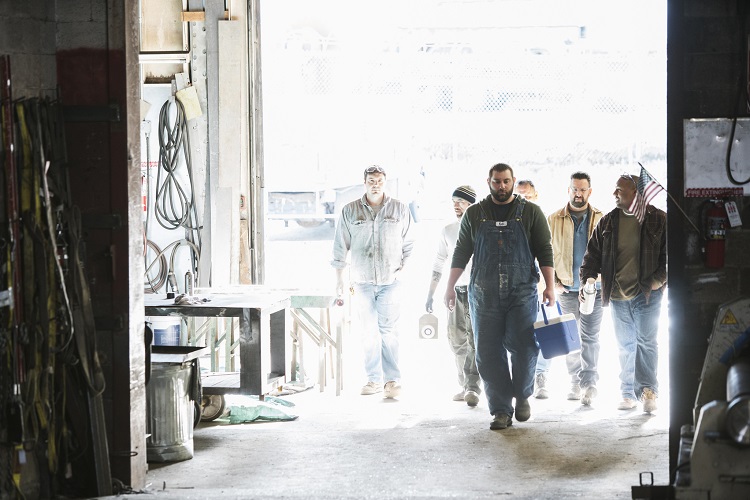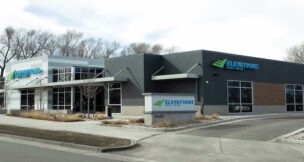What does the future hold for Colorado workers?


What does the future hold for Colorado workers?

With a new year and, now, a new decade upon us, predictions are aplenty about what the future will hold.
For many employers the “future of work” isn’t something that merely preoccupies them as the year turns – it’s something that persistently spins in their minds. Some of the projections are hair-raising, such as the World Economic Forum’s estimate that 65% of children in primary school will work in jobs that do not yet exist. How do you prepare for that unknown?
While the future is uncertain, it is safe to assume that many routine and repetitive jobs will become automated. It won’t just be assembly-line jobs that meet this fate either, but also more advanced roles such as diagnosing disease and accounting. Workplaces and work arrangements are going to continue to evolve as new technology takes hold, and the pace of change is likely to become more disruptive than the change itself.
Planning for Colorado’s future workforce
What does this mean for Colorado? For one, recent growth patterns are bound to decelerate, and we will need to refocus on the tools, styles and expectations that can keep our job market strong. The hardest part is deducing, as a community, exactly what those are and helping the state’s workers figure out how to succeed.
My team and I have worked hard these last few years to innovate our business, particularly in the digital space. We have gone to great lengths to educate staff about the impacts of disruption and the necessity of changing the way we do business. However, many of our employees still have concerns about these changes, understandably so.
Amid rampant change, we cannot lose sight of what will never change: People are an organization’s greatest asset. As such, I believe that workers must remain at the heart of any future-of-work conversations.
Given this, my team and I decided to look to Colorado workers for insights about drives them. What are their concerns and challenges? What matters to them? How do they think about work in the context of their life? How will their outlook on work and life shape the way workplaces evolve in the coming years?
The future of work is workers
We recently conducted a 2019 Future of Work Study that revealed answers to these questions. For starters, financial security remains a top concern for Colorado workers. They know the economy in our state is growing – and it’s encouraging to hear that more than half of our respondents believe Colorado is a great place for employees.
However, nearly 70% of respondents reported that it is harder to make a living today than it was in the past. In Colorado, as in most other states, people still feel the impact of the 2008 recession. It’s no wonder a majority of our respondents cited a competitive salary as the most important factor in selecting and staying with an employer.
Of course, job security is not just economic. People want to know that they’ll be able to thrive in a changing future, yet only 44% of our respondents said they have the skills needed for the rest of their career – and about one-third don’t believe traditional employment will exist in the future.
Our research also found that Colorado workers need more guidance and support in mapping their future. 70% said they do not have a mentor at work, and less than half have a supervisor who helps them manage their career.
These insights suggest that companies that help employees develop future skillsets will be better positioned to evolve and succeed in the future. If we want employees to be ready for tomorrow’s workplace, the best thing we can do as employers is to sit down early and often with staff and institute new tools and resources to support their upskilling.
Our research also told us that about one-third of Colorado workers are worried about their future job prospects. This low number suggests that many workers might be living in the here-and-now, without considering what’s coming around the bend. Employers can put together a future-workplace plan in 2020 to ensure employees are not operating at a deficit.
However, I suspect many employers are falling short in preparing for the future (which, by the way, is here). Only 29% of our respondents said their companies are keeping up with industry changes, and less than half believed their companies are innovative.
That’s not to say employees necessarily know everything that businesses are doing to stay viable. For instance, a company might be adopting automation to streamline services, but their frontline staff may be in the dark on next year’s rollout plans.
Be transparent about innovation
My advice to companies that are working hard to keep pace with technology is to make your innovation visible to employees. Your instinct might be to keep it behind closed doors as not to alarm people. But our research suggests that Colorado workers are increasingly wanting to be on the leading edge of innovation.
Companies that aren’t acting with the future in mind should start and keep their employees in the mix. This work is going to require continuous adaption and change. Companies must work in partnership with their staffs to ensure they have the skills, curiosity and flexibility to flourish in this new landscape. Only then will our businesses survive and Colorado’s workers thrive.
(This sponsored content was provided by Pinnacol Assurance.)
 Phil Kalin is CEO of Pinnacol Assurance, Colorado’s largest workers’ compensation insurer. Read Pinnacol’s The Future of Work is Workers report, as well as its series of articles about creative ways to mentor employees; how to build and support a diverse workforce; low-cost training opportunities; tips to promote innovation in your company; and more.
Phil Kalin is CEO of Pinnacol Assurance, Colorado’s largest workers’ compensation insurer. Read Pinnacol’s The Future of Work is Workers report, as well as its series of articles about creative ways to mentor employees; how to build and support a diverse workforce; low-cost training opportunities; tips to promote innovation in your company; and more.













